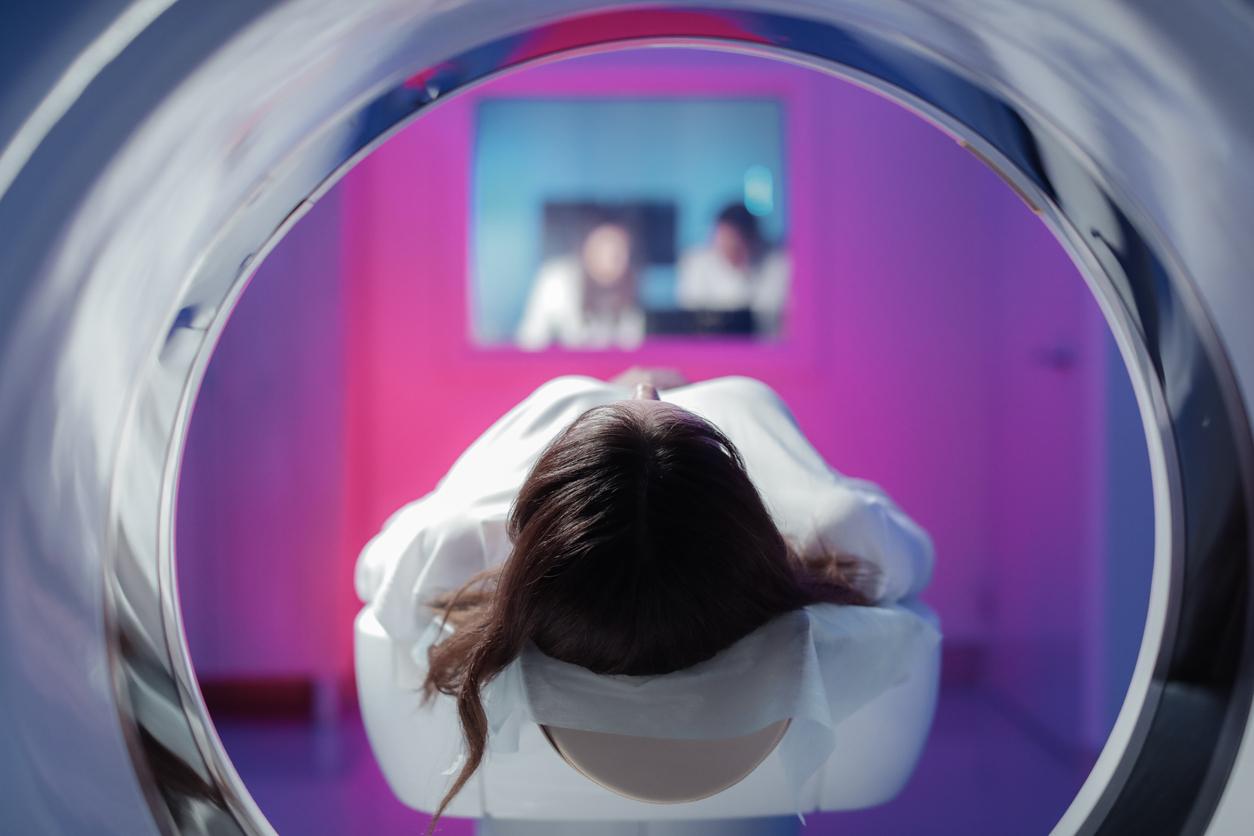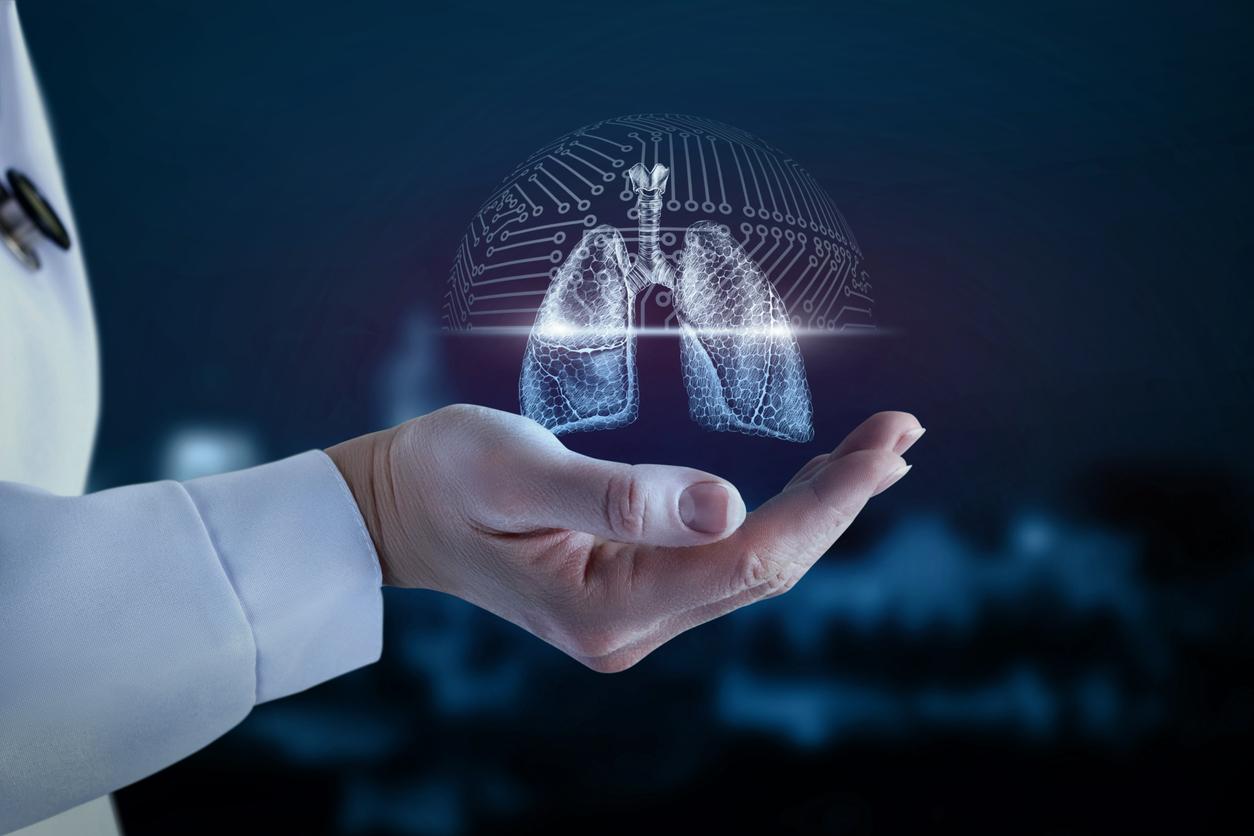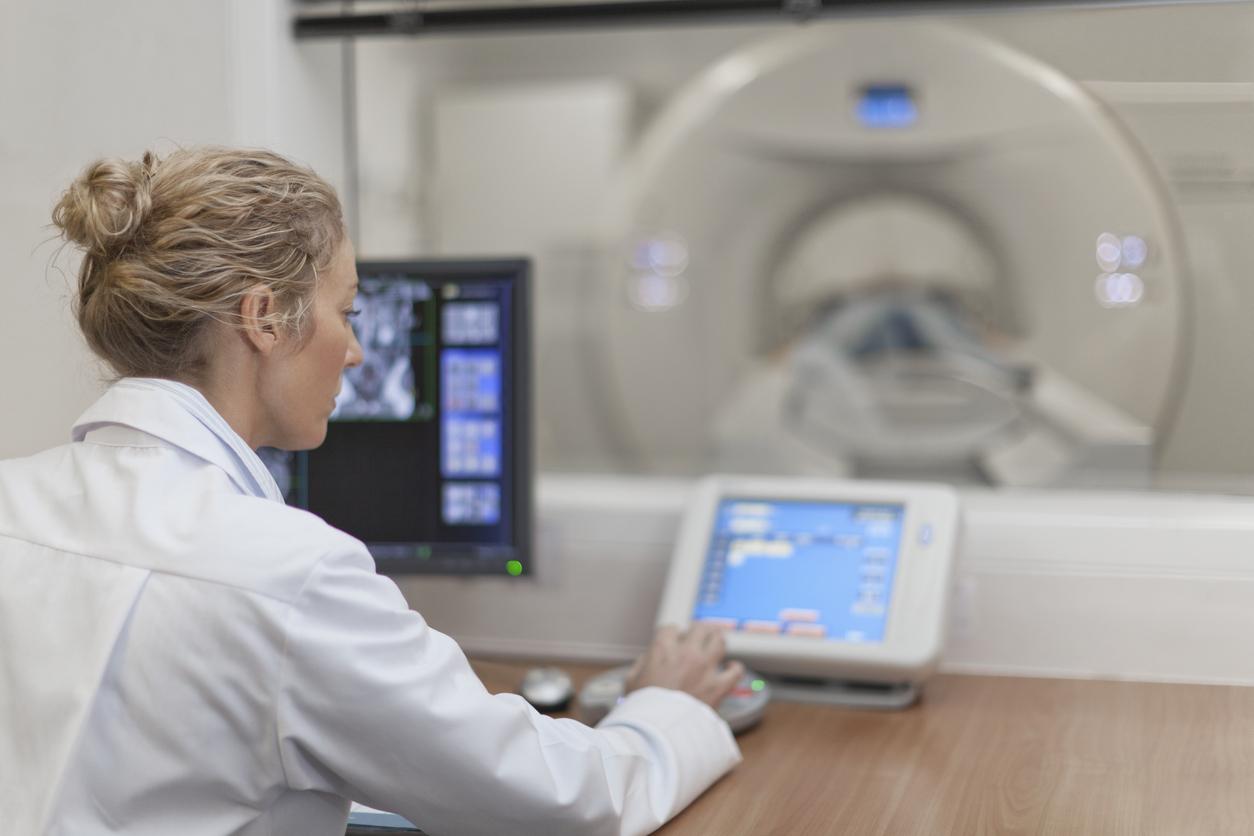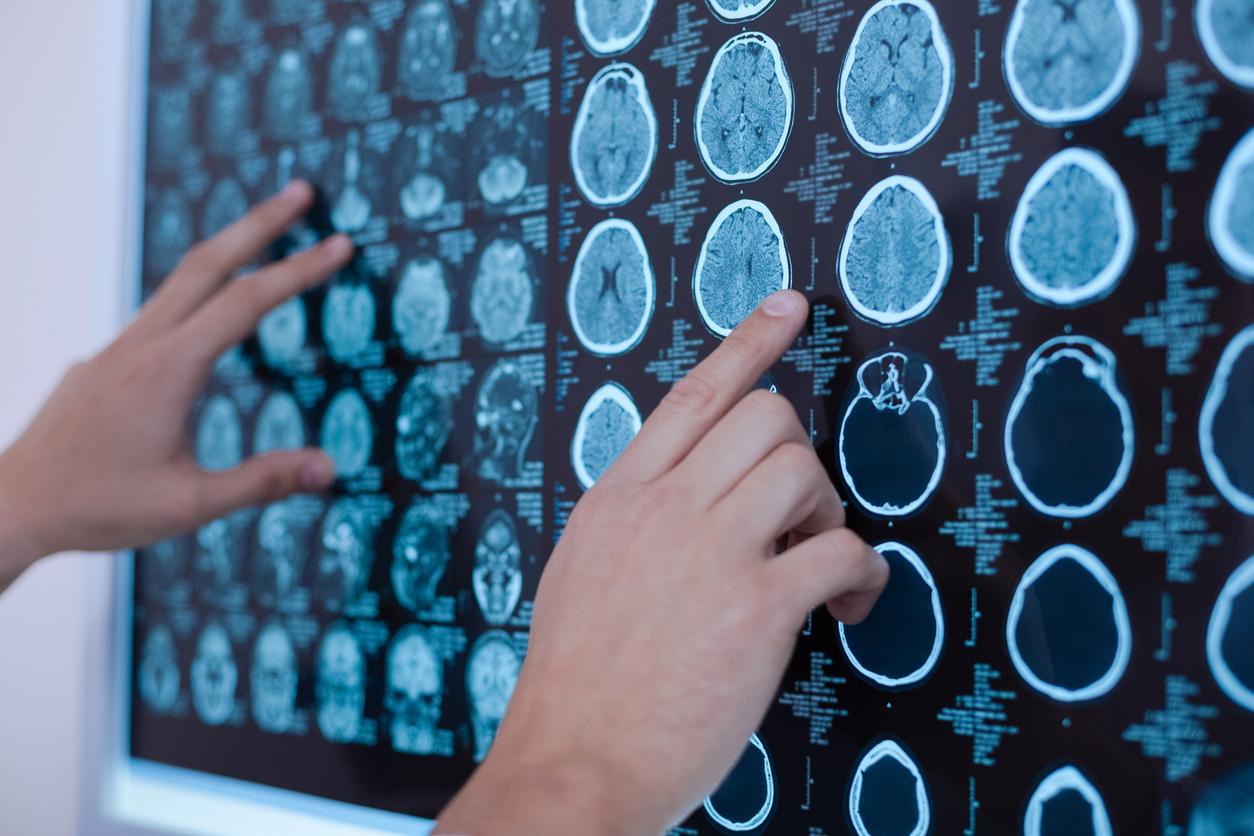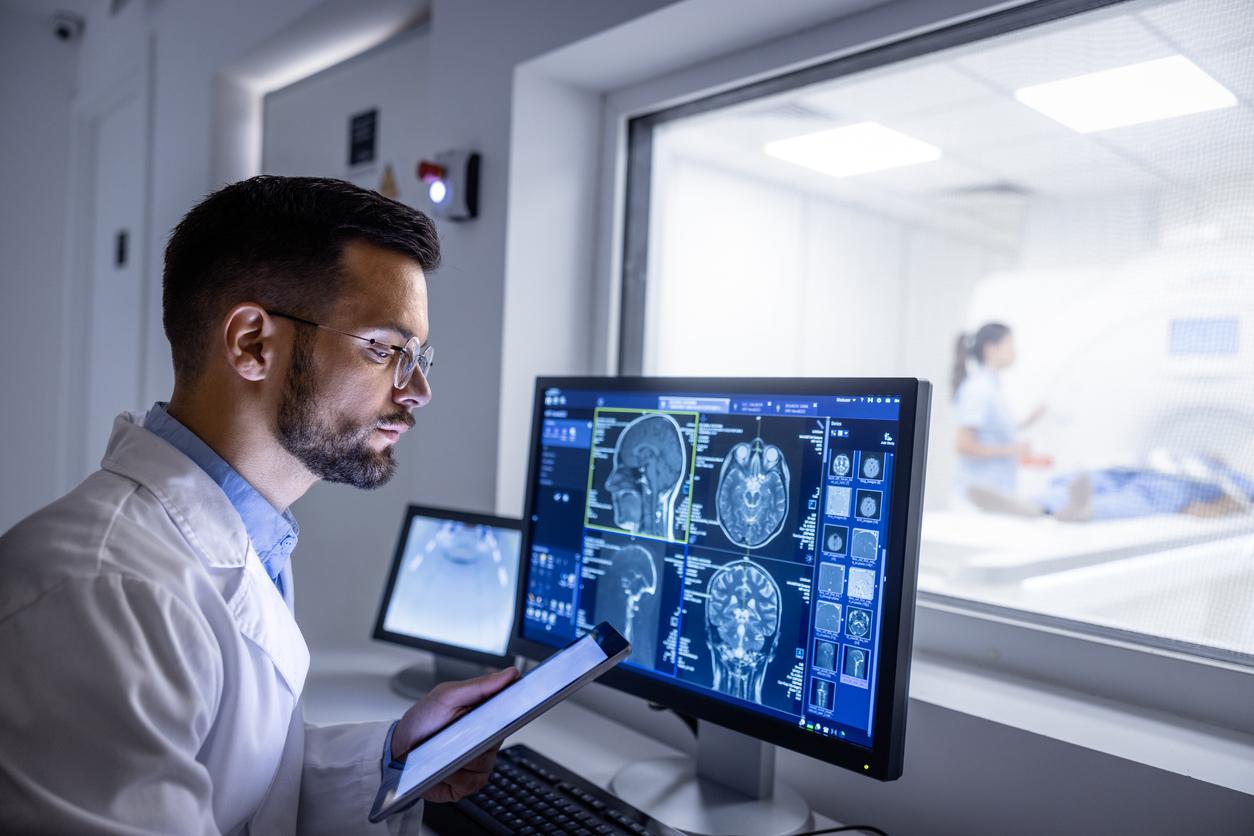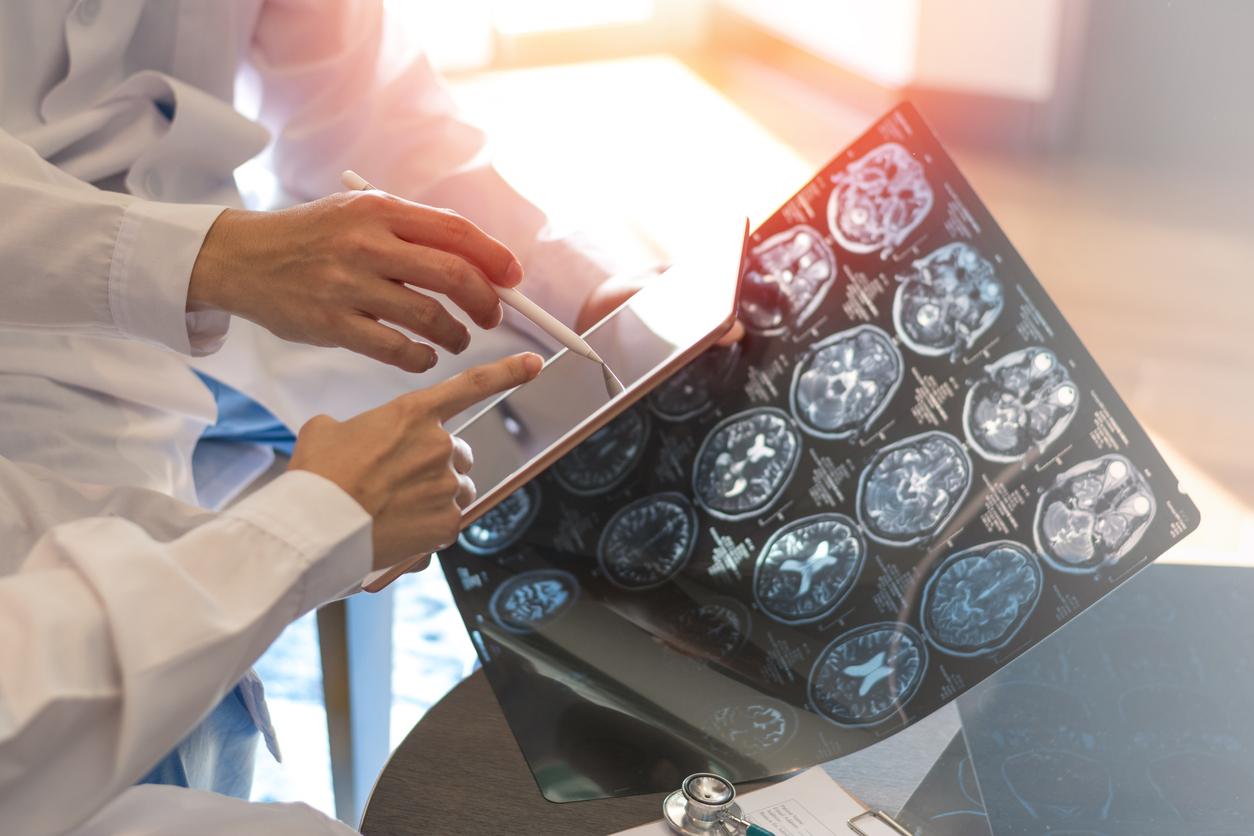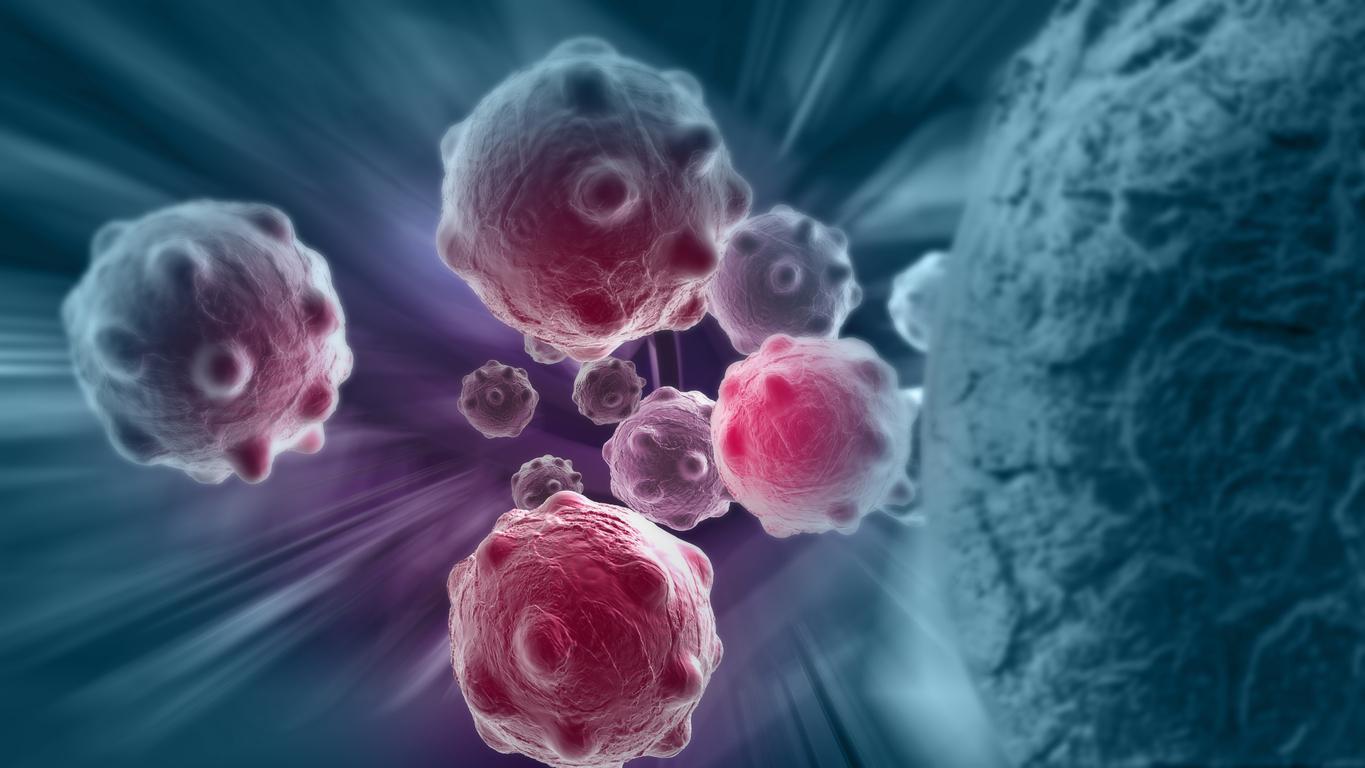Heartache causes real pain in the brain. But it can be effectively relieved by a simple placebo.

“A heartache only lasts until the next love”, said Pierre Perret. Overwhelmed by pain and tears, it is often difficult to hear this sentence. And yet she is telling the truth. To bounce back from a separation, telling yourself that you are doing whatever it takes to move forward heals your broken heart. In Journal of neuroscience researchers from the University of Colorado explain that this persuasive capacity impacts the regions of the brain involved in the regulation of emotions and the perception of pain.
“Separation is one of the most negative emotional experiences a human being can have, and it can be a trigger for psychological conditions such as depression,” explains Leonie Koban, co-author of the work. In our study, we showed that the placebo effect can reduce this pain ”.
A very real pain
Neuroscientists managed to show this powerful placebo effect by observing a group of 40 recently separated volunteers. They asked them to bring a photo of their former partner and a good friend of theirs to analyze their brain activity generated by viewing these photos.
Installed in the MRI, the participants had to remember their breakup while looking at the face of their ex, then that of their loved one. A control test was also performed to visualize the area of pain in their brain. For this, the researchers applied a hot object to their arms. The volunteers were then asked to rate their emotions on a scale of 1 (everything is bad) to 5 (everything is fine).
To get better, you have to believe in it
Analysis of MRI scans reveals that emotional and physical pain activate similar areas of the brain. For Professor Tor Wager, professor of psychology and neurology at the University of Colorado, the message sent to broken hearts is important: “Know that your pain is real, it exists neurochemically”.
So, in theory, this means that it can be cured with treatment. Half of the volunteers therefore received a nasal spray supposed to reduce their pain. The other half received the same nasal spray knowing it was just saline. As a result, participants who thought they were receiving an effective treatment experienced less pain when exposed to their ex-lover’s photo because their brains reacted differently. Specifically, their dorsolateral prefrontal cortex, an area playing a key role in emotional management, was activated more strongly.
According to the authors, this brain reaction could influence the production of natural opioids or dopamine, substances capable of relieving depression. “Just doing something for yourself and getting involved in something that gives you hope can have an impact,” says Professor Wager.
So, if you’re in the middle of a breakup, “do something that will do you good and most likely make you feel better,” advises Leonie Koban.
.







